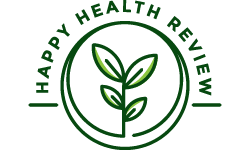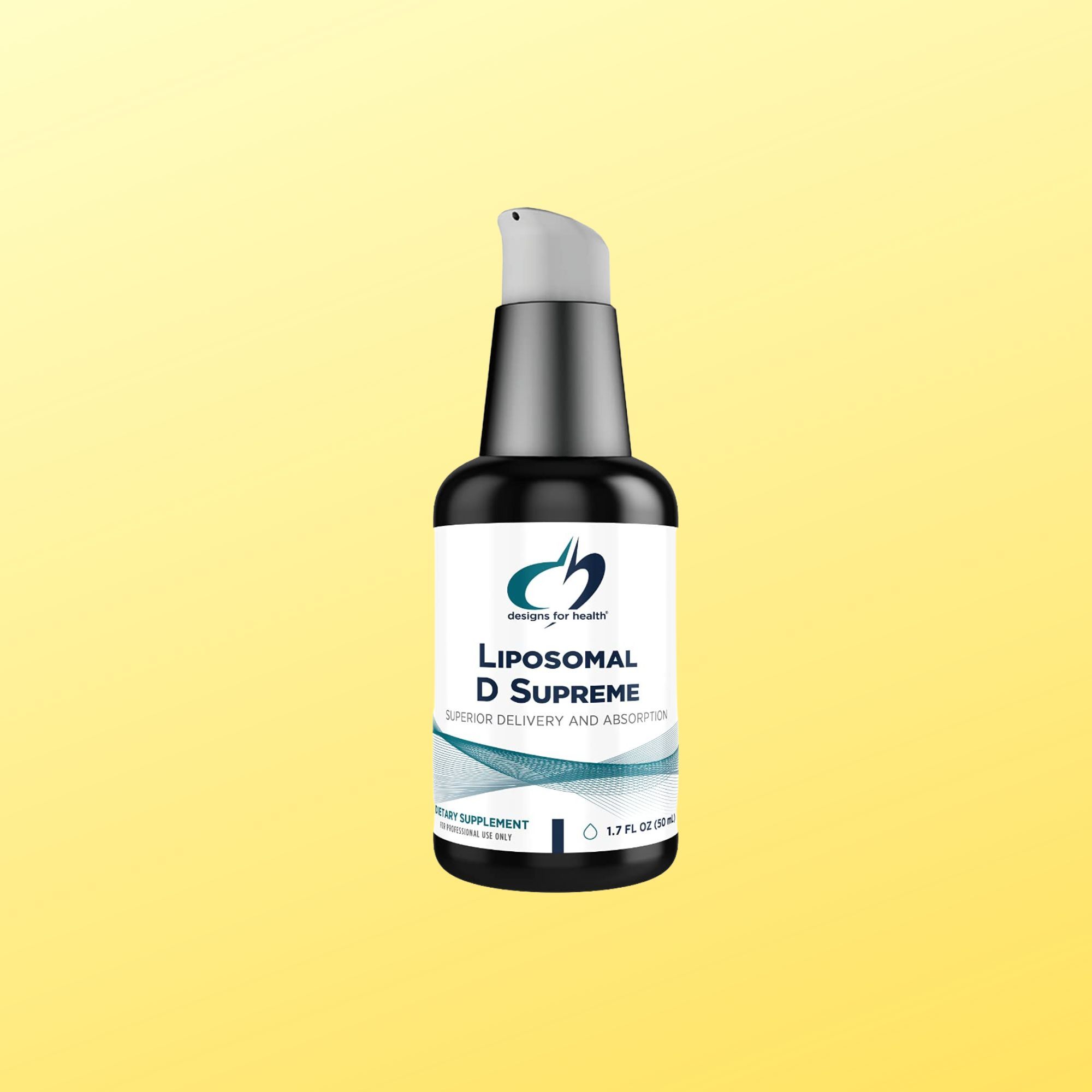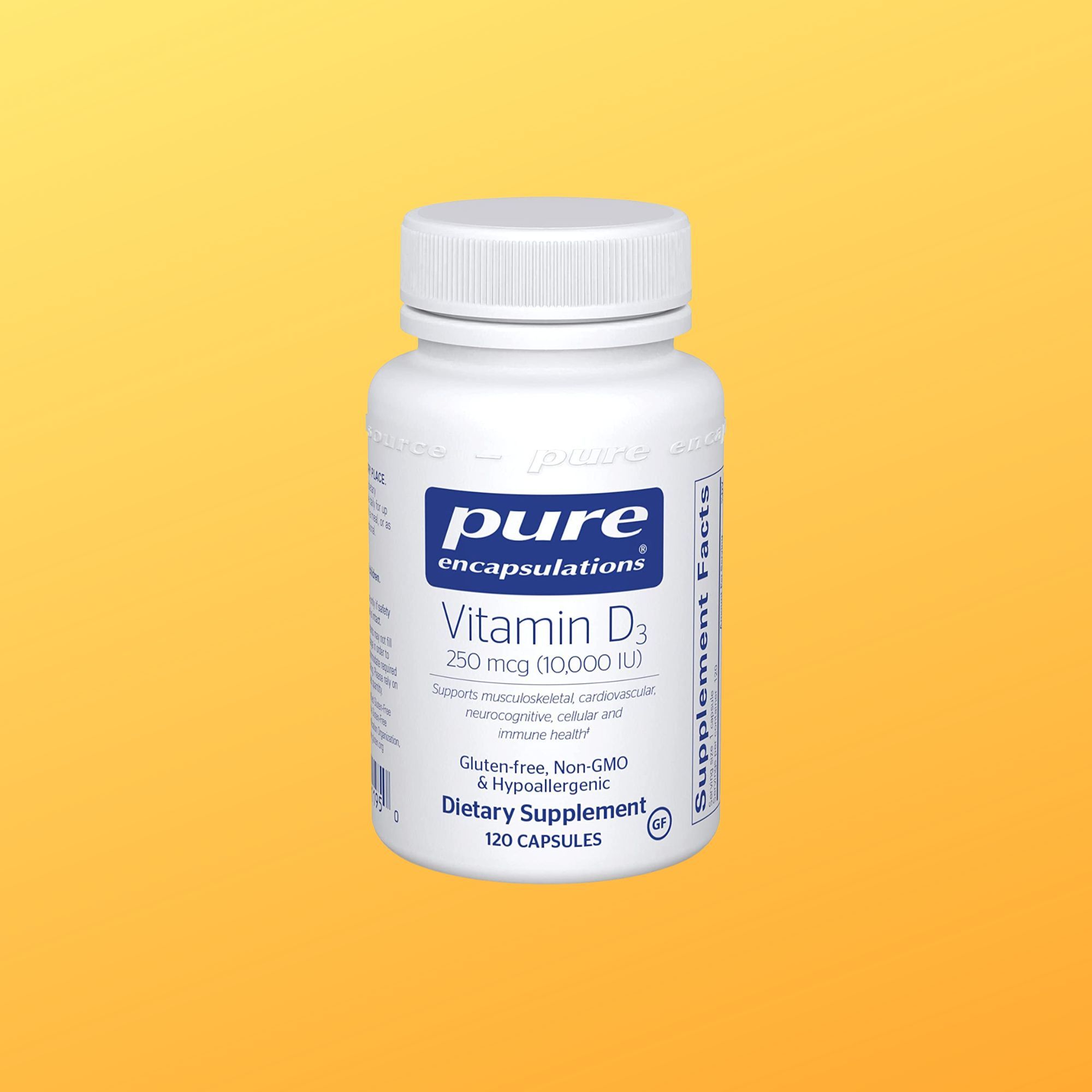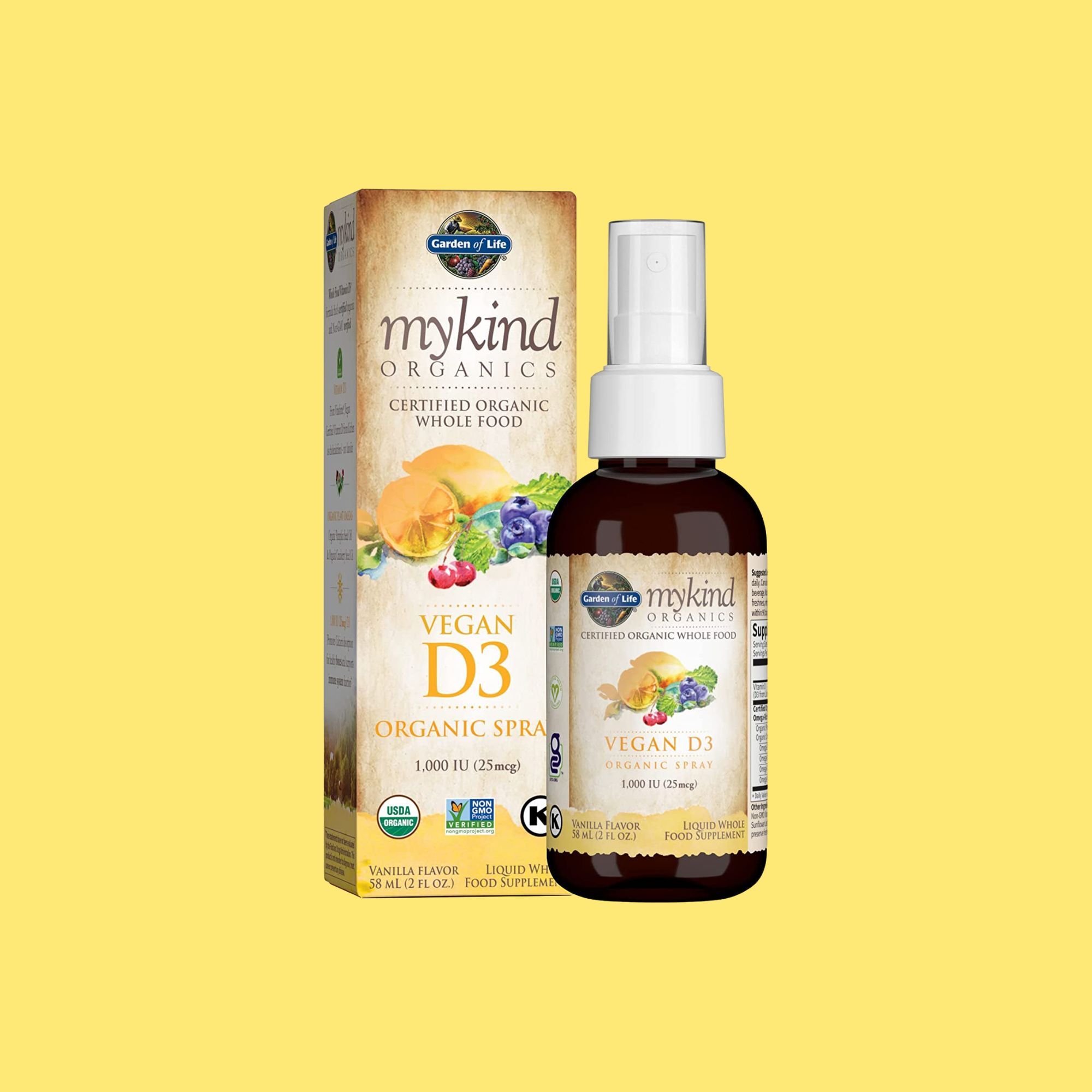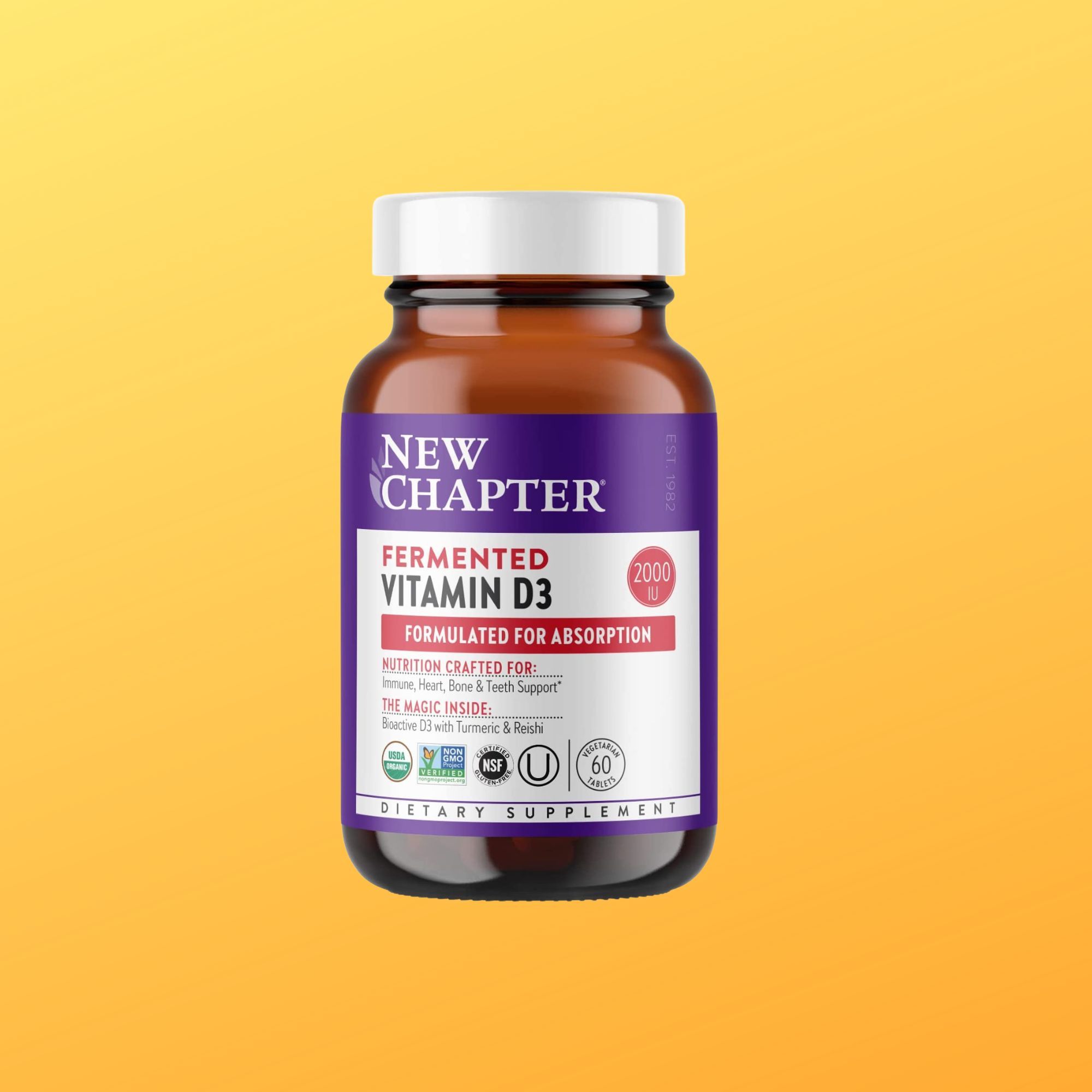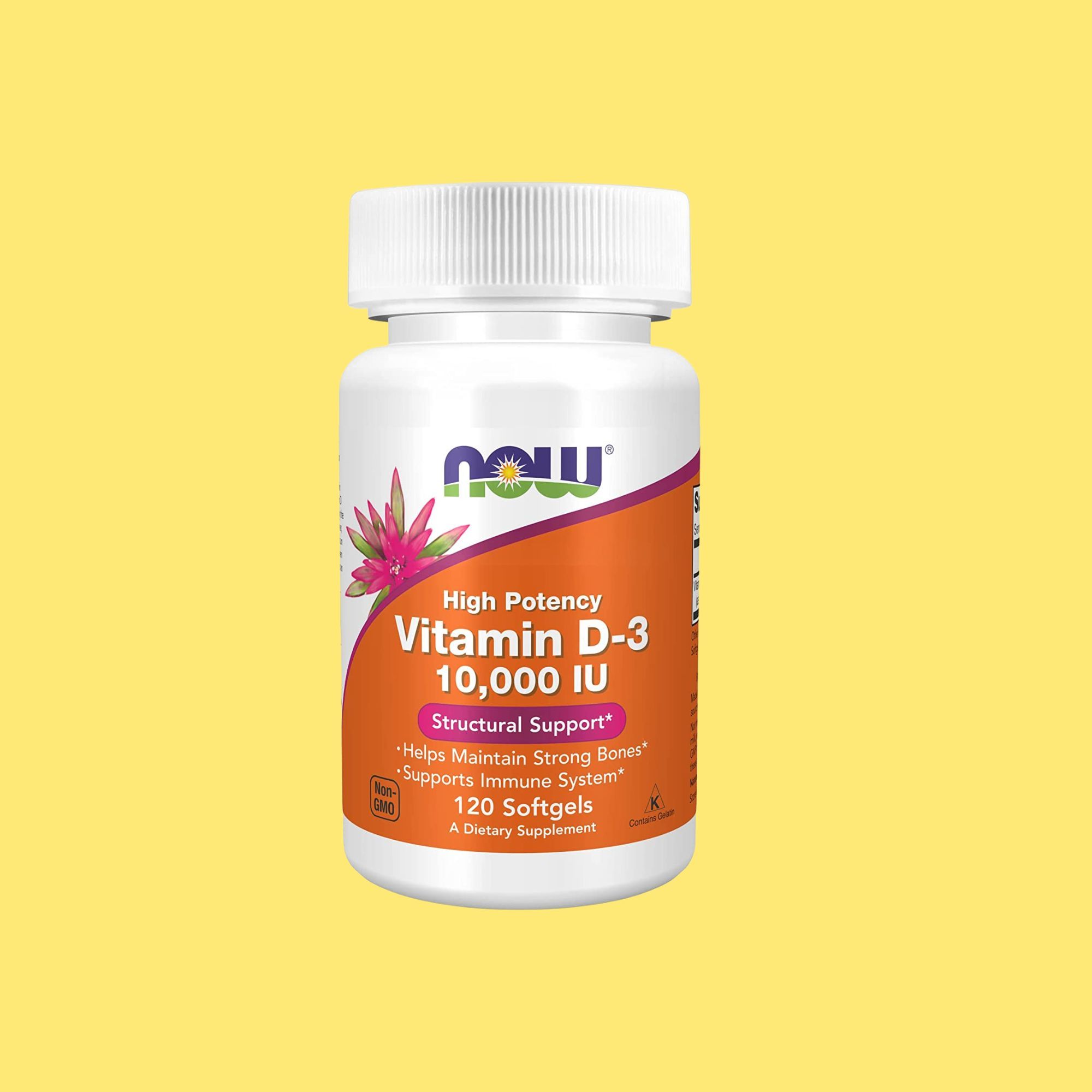Why You Need Vitamin D3 Supplement to Increase Energy and Boost Immune System
Vitamin D3 supplement helps boost your mood, increased energy, maintain bone health, and support the immune system. Here are our top picks.

In the winter, we are likely to have inadequate sun exposure, and we spend more time indoors. This might lead to a vitamin D deficiency, which is critical for overall health. Vitamin D is a water-soluble vitamin involved with several critical bodily processes, such as calcium and phosphorus absorption, bones health, and muscle growth.
Vitamin D referred to as the sunshine vitamin, is produced naturally by our skin cells when they're exposed to sunlight. A study published in 2018 found that one out of four Americans is deficient in vitamin D, especially people with dark skin, smokers, people who don't get enough sun exposure, older adults, people with health conditions like obesity, and people with risk of diabetes.
Moreover, vitamin D is found in very few foods, making it difficult to meet your needs through diet alone. Therefore, many people may want to take a vitamin D3 supplement, especially if they do not get enough sun exposure or eat foods fortified with supplemental vitamins. Here are the best vitamin D3:
We independently research, review and recommend what we think are the best products that meet your needs. If you buy a product through one of our retail links, we may earn a small affiliate commission at no cost to you.
The liquid drops from 'Designs for Health's Liposomal Vitamin D Supreme combine vitamin D with vitamins K1 and K2.'
Liposomes are tiny fat balls that are used in certain vitamin D and other fat-soluble medicines as carriers for vitamin D and other fat-soluble nutrients. Liposomal forms of this vitamin D are more quickly absorbed than tablet versions.
Vitamins K and D function in tandem in the human body, thus they complement one another. Taking both vitamins K and D has been shown to improve bone and heart health more than vitamin D alone, according to some studies.
For individuals with a severe vitamin D deficiency, taking a high-dose Vitamin D intake is required, but it's crucial to see your doctor for a personalized dosage recommendation.
Vitamin D has been found in studies to improve symptoms of depression, according to a 2010 study. Taking at least 10,000 IU of vitamin D per day is often advised for people with vitamin D deficiency. Once levels return to normal, you may take a maintenance dose of up to 6,000 IU. The products in this bundle contain 10,000 IU of vitamin D3 per capsule and are gluten-free, non-GMO, and hypoallergenic.
Certified vegan vitamin D3 is made from lichen rather than animal products. Contains organic plant omegas from organic pumpkin seed oil and organic cranberry seed oil. Liquid vitamin D3 comes in a delicious vanilla spray.
Organic vitamin D3 supplement to support your immune system function and promote calcium absorption for bone health. This water-soluble vitamin supplement contains 2,000 IU of D3 per drop, so you may adjust your dose to your liking. They can be mixed into fruit juice, coffee, yogurt, or oatmeal for a healthy serving of D.
Fermented vitamin D3 for your body to digest & absorb easily. Provides activated, high-quality D3 for your body’s needs. Promotes proper absorption of Calcium with Vitamin D to maintain strong bone health and teeth. Nourish vitality with science-backed support from adaptogenic Reishi mushroom and fermented Turmeric.
Another good vitamin D supplement is Now Foods Vitamin D3, which contains high doses of vitamin D. Each softgel capsule contains 10,000 IU of vitamin D3. NOW Foods has its products third-party evaluated by Underwriters Laboratories (UL), in addition to testing them for quality assurance in its laboratories.
Benefits of Vitamin D
The benefits of Vitamin D include improving bone strength and calcium absorption. It also aids in immune function and brain function, as well as blood sugar control. Not only does it protect against bone loss but also aids in the function of muscles and allows nerve communication between the brain and body.
Vitamin D aids the immune system in fighting infections and viruses. Effects of Vitamin D on the immune system have never been more crucial than during the pandemic: one study discovered a relationship between Vitamin D in the blood and an increased risk of COVID infection.
Are You Getting Enough Vitamin D?
Unfortunately, approximately 42% of the US population is vitamin D-deficient, with rates as high as 61% among premenopausal women, people over age 65, and those with poor nutrition habits.
Vitamin D insufficiency can also be caused by chronic illnesses such as autoimmune disease, celiac disease, bariatric surgery, obesity, and chronic kidney or liver disease. There is an association between Vitamin D insufficiency and mood swings, depression, a sense of tiredness, recurring skin problems, and other long-term medical conditions.
The most reliable approach to determine whether or not you need vitamin D supplementation is to talk with your doctor, who can order a vitamin D blood test. If you're having trouble sleeping, or have muscle problems, pains, aches, or cramps, consider testing for levels of Vitamin D.
Who's At Risk for Vitamin D Deficiency?
Breastfeeding does not usually provide enough vitamin D for an infant to meet its needs. Breastmilk contains high amounts of vitamin D while the mother's intake of Vitamin D contains at least 2,000 IU.
Inadequate vitamin D is common among older adults because their skin becomes less effective at Vitamin D production. Older adults are more likely to be indoors than younger people, and they may not get enough dietary intakes of Vitamin D.
Dark skin has more melanin, which reduces the skin’s capacity for vitamin D production. For example, black Americans tend to have lower serum 25(OHD) levels than white Americans. However, whether these low levels of vitamin D in people with dark skin have any significant health consequences is unclear. For example, african americans have lower rates of bone fractures and osteoporosis compared to whites.
Fat-soluble vitamins like vitamin D depend on the digestive tract's ability to absorb them. Malabsorption of fat is associated with certain medical conditions including some forms of liver disease (cirrhosis), cystic fibrosis, Celiac disease, Crohn's disease, and ulcerated colitis. People with these conditions might not be able to eat certain foods, such as dairy products. Those who have trouble digesting dietary fat may need additional vitamin D supplementation.
Obese people who have had gastric bypass surgery can sometimes develop vitamin D deficiency. When the upper small intestine, which absorbs vitamin D, is bypassed, vitamin D that is mobilized from fat stores may not reach adequate levels over time.
How to Get Vitamin D Naturally?
Vitamin D is obtained by the human body in two ways: exposure to sunlight and food. Adding 15 to 20 minutes of direct sunlight a few times a week is usually enough. Eating food high in Vitamin D is another dietary source of meeting your supplemental vitamin requirement.
The greatest source of vitamin D is fatty fish like salmon, tuna, trout, sardines, egg yolk, mushrooms, and fish liver oils or cod liver oil. Beef liver and dairy products have tiny amounts as well.
Vitamin D is found in many vegetables as well if you're vegan. If you consume a half cup of spinach or kale a day, you will receive approximately half your dietary supplements requirement.
What Is the Dosage for Vitamin D?
The amount of Vitamin D that you need each day depends on multiple factors including your age and medical condition. The recommended daily value (RDA) for vitamin D is 400 IU for adults and children older than four years old. However, people who lack vitamin D may need a larger dose.
A healthcare professional may recommend a daily vitamin D3 dosage of 6000 IU or 50,000 IU for 8 weeks. Once blood levels of vitamin D have been restored, take a maintenance dose of 1,000–2000 IU daily.
Even though this dosage might be appropriate for people who want to maintain body weight, those with lower vitamin D levels usually need a much higher dose than this one to get their vitamin D blood level up to an optimal level. A healthcare professional can prescribe a supplement for you if you've been diagnosed with vitamin D deficiency.
Best Vitamin D Supplement for Menopause
Women who are menopausal should get 600 IU of vitamin D every day. As menopause approaches and women's estrogen levels begin to decrease, they need to make sure they're getting enough Vitamin D and Calcium.
The reason is that calcium needs increase during pregnancy. From age 50 onwards, they need to be increased to 1200 mg per day. For postmenopausal women who want to use dietary calcium to maintain their bone mineral density, bones strong, and prevent osteoporosis, getting enough vitamin D is essential.
Menopausal women should try to receive at least 800 international units (IU) of vitamin D each daily through a healthy diet or supplement. During perimenopause and menopause, talk with your doctor about your nutritional needs and any need for additional vitamin D.
Best Vitamin D Supplement for Hypoparathyroidism
Thyroid removal can cause abnormally low levels of PTH, or hypoparathyroidism, which in turn affects the levels of calcium and Vitamin D in the blood. Calcium and Vitamin D supplementation is a standard approach in such situations.
These findings support a change in clinical practices and suggest that all patients undergoing thyroidectomy should receive continued Vitamin D and/or calcium supplements for 1– 2 weeks.
Best Vitamin D Supplement for Seasonal Affective Disorder (SAD)
People who suffer from recurrent depression may be deficient in vitamin d. Studies show that people who take 100,000 IU of Vitamin D every day may experience improved moods and overall health.
To avoid vitamin D deficiency and lower your risk of developing depression, aim for intakes of vitamin D each day: 15 micrograms for teenagers and adults and 20 micrograms for older adults. Studies show that light treatment has similar benefits to those associated with medication or Cognitive-Behavioral Treatment (CBT) for SAD.
There is a link between Vitamin D deficiency and Seasonal Affective Disorder (SAD). You don't need to speak with a doctor before taking up to 4,000 units of vitamin D. It even makes it easy to absorb calcium and promotes bone growth and oral health! It'll help you feel happier, healthier, and more productive overall by improving your quality of life. Vitamin D plays an important role in your daily mood and many other aspects of your health.
When is the best time of day to take a vitamin D supplement?
It's best to take vitamin D supplements in the morning. It is also a smart idea to take it around breakfast to get the most out of it. Since Vitamin D is fat-soluble, it is best absorbed if taken with a meal. Vitamin D taken with meals can be absorbed better and increase blood levels more effectively.
To get the best results from vitamin D, you need to take it regularly and consistently. As long as it doesn't interfere with your sleep, take it with breakfast or with bedtime snacks. The key is to figure out what works best for you and then stick with it to ensure that you're meeting your vitamin D needs every day.
What is the best vitamin D supplement to take?
If your blood tests reveal that you need more D, talk to your doctor about the optimal level of vitamin D supplement to take so that you don't inadvertently take too much. Vitamin D supplements in excessive amounts can be a risk of Vitamin D toxicity.
Vitamin D is a fat-soluble vitamin that is important for the proper growth, development, and maintenance of the bones. There are two chemical forms: D2 and D3, and although both are absorbed efficiently by the small intestine and increase blood vitamin D levels, D3 is the most potent form of Vitamin D.
Frequently Asked Questions
Is it necessary to take vitamin D supplements?
Taking a vitamin D supplement may be beneficial if you have a deficiency. Many individuals are more prone to deficiency, including the elderly, those with darker skin, people with particular health problems, and those who don't spend enough time in the sun.
If you're concerned about your vitamin D levels, ask your healthcare providers and see whether a vitamin D supplement is recommended.
What is the best way to take vitamin D?
Vitamin D is available in two forms: vitamin D2 and vitamin D3. Vitamin D2 and vitamin D3 both boost blood levels of vitamin D.
Vitamin D3 can increase vitamin D levels more effectively and for a longer time than vitamin D2, making it a superior alternative.
What are the symptoms of low vitamin D status, and how can you tell if you have a deficiency?
Low vitamin D levels in adults can cause symptoms, such as
- hypocalcemia.
- osteoporosis falls and risk of fractures twitching of muscle
- mood swings
- bone pain, stiff joints, and muscle weakness
The following are some of the possible symptoms of vitamin D insufficiency in children:
- Irritability
- lethargy
- developmental delay
Is it a good idea to take vitamin D supplements every day?
Vitamin D can be stored in fat cells and released as needed, so some high-dose vitamin D supplements or injections are designed to be taken once per week or month instead of daily.
However, any supplement should be taken cautiously, and high-dose monthly or weekly vitamin D supplements should only be used under medical supervision. As a result, it's vital to first get medical advice from your physician before taking vitamin D supplements and only take them as prescribed.
Taking adequate Vitamin D is vital to the body. Because many people are deficient in this vitamin, daily intake of sufficient vitamin is required to maintain adequate levels. The vitamins above are among the best vitamin D supplements on the market, and they may be used by a wide range of individuals.
Vitamin D3 is synthesized in the skin via ultraviolet rays from the sun. Vitamin D3 is most effective when it's consumed through food sources. For individuals who are unable to get their recommended daily amount of vitamin D3 naturally, supplements are a great option.
